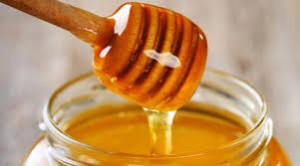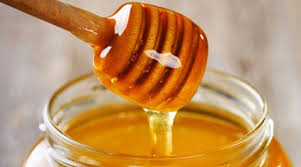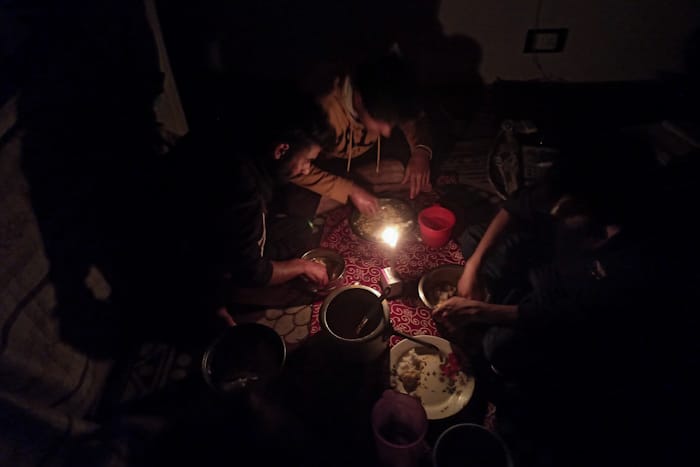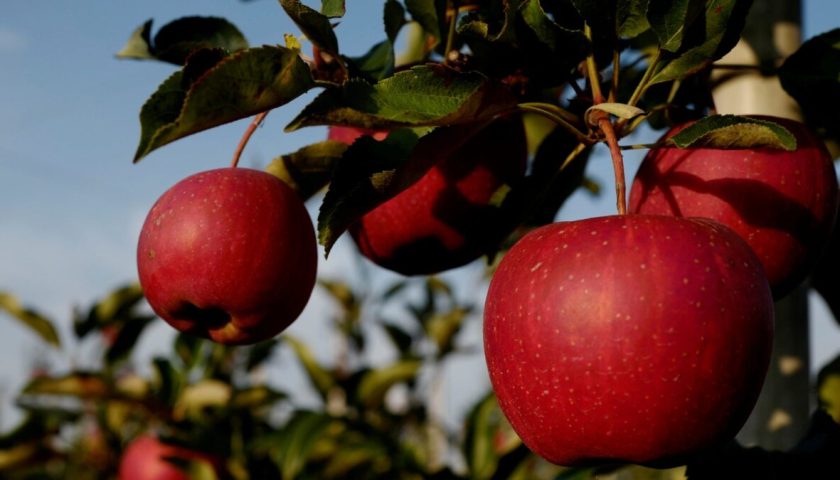The official figures reveal that Kashmir has only 40,000 bee colonies which experts say is less than half of the potential of the valley that has a diversity of flora.
 Even as Kashmir has a huge potential for honey production, the valley produces only 4000 quintals of honey every year. The government has failed to attract people towards beekeeping and there are only 2500 beekeepers registered with J&K’s Apiculture department.
Even as Kashmir has a huge potential for honey production, the valley produces only 4000 quintals of honey every year. The government has failed to attract people towards beekeeping and there are only 2500 beekeepers registered with J&K’s Apiculture department.
The official figures reveal that Kashmir has only 40,000 bee colonies which experts say is less than half of the potential of the valley that has a diversity of flora.
This year, the valley has produced only 3800 quintals of honey which is 200 quintal lesser than the last year. Officials blame a drought like situation in north Kashmir of valley for the low production.
“We had almost zero per cent production from Bandipora, Kupwara, and Baramulla districts of the valley resulting in lower production,” said an official of the department.
According to the official data, around two lakh hectares of land are under cultivation for oilseeds and horticulture crops in state which excludes the area under the cereals and other crops that are self pollinating.
Dr Suresh Kukroo, a retired Associate Professor of Sher-i-Kashmir University of Agricultural Sciences says that people are reluctant to raise bees for commercial purposes as they are not aware about its other by-products.
“Besides helping in pollination, the people should know they can develop businesses by making honey, wax and other products by rearing bees,” says Kukroo. The beekeepers say the business is not profitable and that is why more people are not attracted towards it.
“We do not get much profit from beekeeping. That’s why lesser number of people are in this trade,” says Suhail Ahmad, a beekeeper. “Because of cold winter and flower less season, we have to take these bee colonies outside the valley in winter. It incurs huge costs and also affects the bees”.
Suhail also blames the state government for lack of cooperation and help. The officials, however, say that the government is trying every possible way to strengthen this industry. Planning Officer at the Department Nazir Ahmad says the government provides subsidies to the farmers under schemes like Rashtriya Krishi Vikas Yojna (RKVY) and National Horticulture Mission to boost the industry.
“In addition of providing equipments on subsidy, Under National Horticulture Mission we have provided Rs 4 lakh subsidy for 500 bee colonies and Rs 4 Lakh subsidies to 500 hives,” Nazir says. Officials say the department has also opened demonstration centres at every district to train people in beekeeping.






